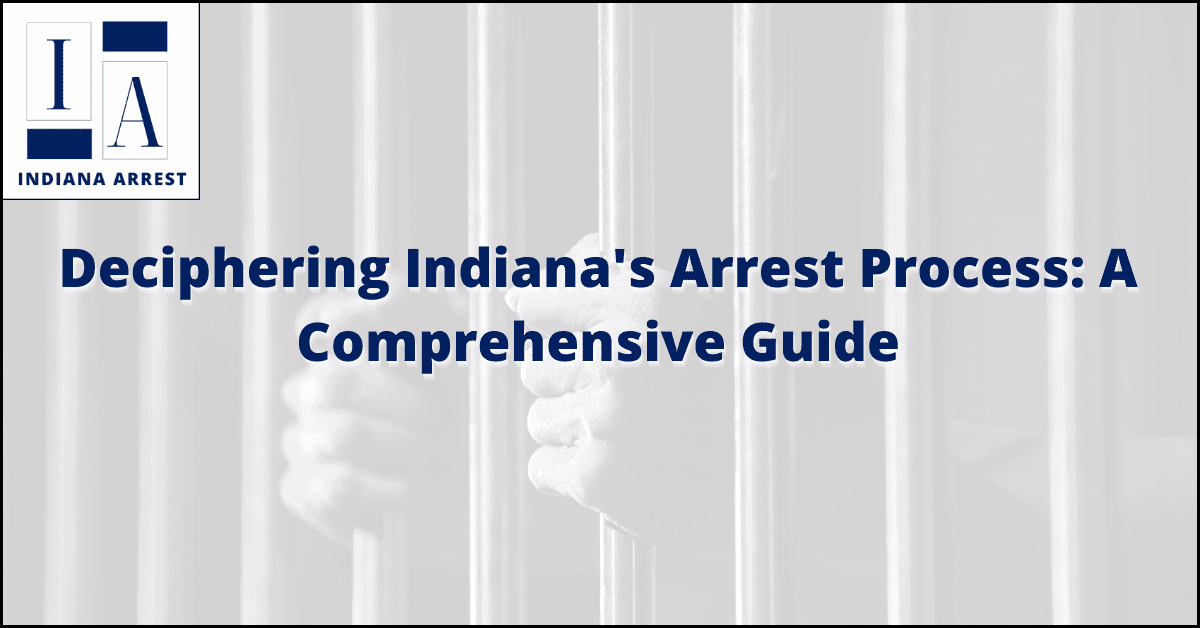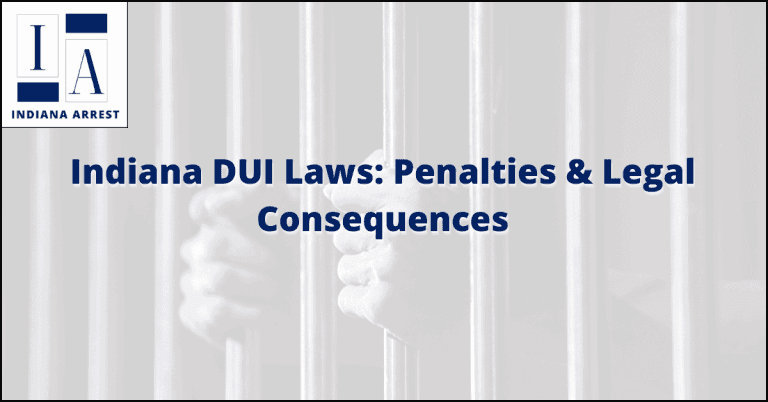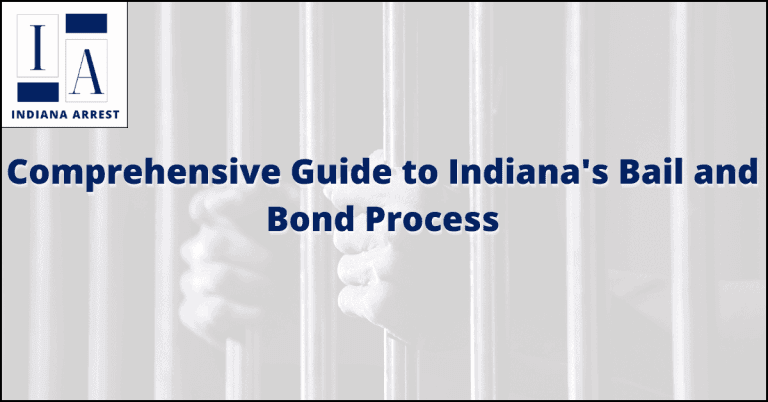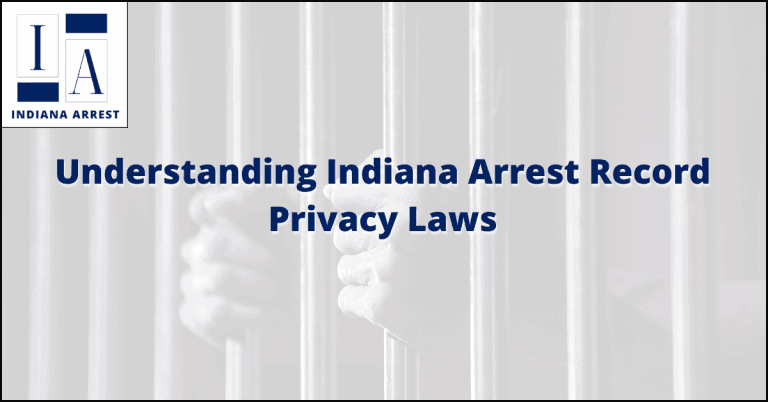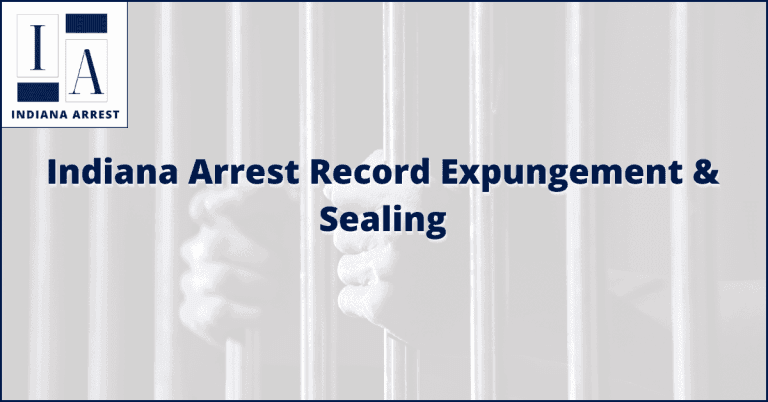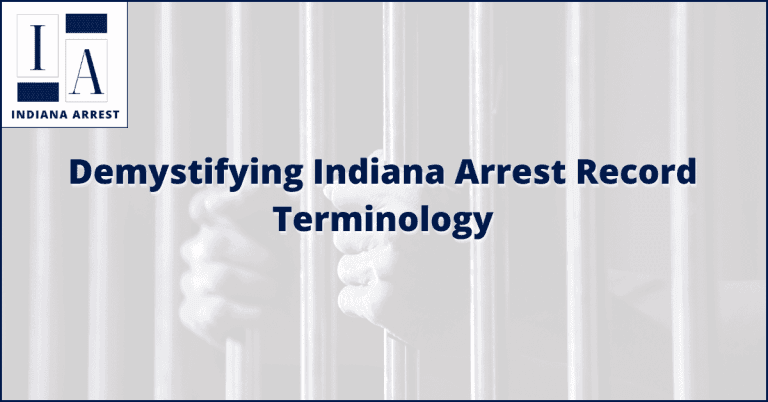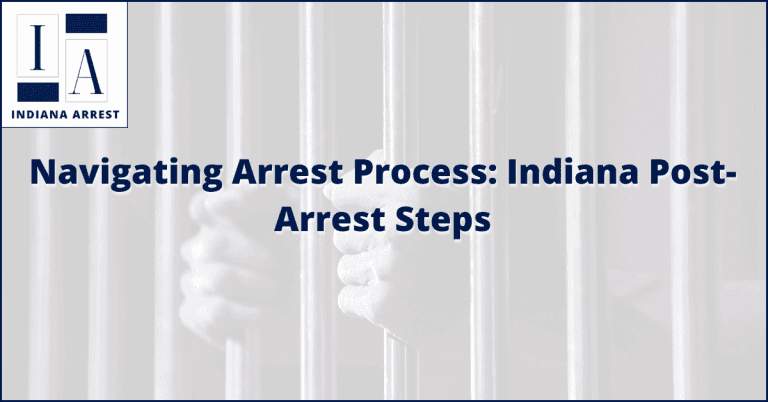Deciphering Indiana’s Arrest Process: A Comprehensive Guide
Understanding the intricacies of the arrest process is crucial for anyone seeking clarity about legal procedures. When it comes to Indiana, familiarity with the arrest process empowers individuals to navigate the legal system with confidence. In this article, we delve into the depths of the “Indiana Arrest Process Explained,” shedding light on its various stages, legal nuances, and fundamental rights. Whether you’re a resident, legal professional, or simply curious about the legal process, this guide will serve as your comprehensive resource.
The arrest process is a multifaceted journey that involves legal protocols, rights of the accused, and a structured progression through the legal system. Throughout this article, we will demystify Indiana’s arrest process, providing insights into each phase and highlighting essential information that helps individuals make informed decisions when faced with legal situations.
Overview of the Indiana Arrest Process
The arrest process in Indiana is a carefully orchestrated series of events designed to ensure the rights of individuals while upholding the law. At its core, the process involves the identification of a potential suspect, their apprehension, and the subsequent legal proceedings.
Arrest Warrants and Probable Cause
Before an arrest takes place, law enforcement typically obtains an arrest warrant. This warrant serves as a legal document issued by a judge, allowing authorities to take a person into custody. To secure an arrest warrant, law enforcement must present evidence of probable cause to believe the individual has committed a crime.
Arrest Procedures and Rights of the Accused
When an arrest occurs, it follows established procedures to guarantee the rights of the accused. One of the most crucial rights is the Miranda warning, which includes the right to remain silent and the right to an attorney. This stage also involves the process of informing the accused about the charges they face.
Booking and Initial Appearance
After an arrest, the individual goes through a process known as booking. This involves recording personal information, taking fingerprints and photographs, and conducting searches. Following booking, there’s typically an initial appearance before a judge. During this appearance, the charges are presented, and the accused has the opportunity to respond.
Bail and Release Options
After the initial appearance, the court determines whether the accused can be released on bail or other conditions. Bail serves as a financial guarantee that the accused will appear in court for their hearings. In cases where bail is not granted or cannot be paid, the accused may remain in custody until their court date.
Legal Proceedings Following Arrest
Once released on bail or under certain conditions, legal proceedings continue. This includes arraignment, during which the charges are formally presented, and the accused enters a plea. If a trial is pursued, various stages such as pretrial motions, evidence presentation, and potential plea negotiations follow.
Expungement and Clearing Arrest Records
Following the conclusion of legal proceedings, individuals may seek to clear their arrest records through expungement. Expungement is the legal process of sealing or erasing an arrest record. Eligibility criteria for expungement vary based on factors such as case outcomes and the nature of the charges.
FAQS
Can an arrest be made without a warrant in Indiana?
Answer: Yes, in certain circumstances. Law enforcement can make an arrest without a warrant if they have probable cause to believe a crime has been committed.
How long does an arrest record stay on my record in Indiana?
Answer: Arrest records can remain on your record indefinitely unless you take legal action to expunge or seal them. Expungement eligibility criteria vary based on the outcome of your case.
What is the first step after being arrested in Indiana?
After being arrested in Indiana, the first step involves being informed of your Miranda rights. This includes the right to remain silent and the right to an attorney. It’s crucial to exercise these rights to protect yourself during questioning.
How long can you be held in custody without being charged?
In Indiana, a person can generally be held in custody for up to 48 hours without being formally charged. However, weekends and holidays may extend this period. If no charges are filed within this time, the individual must be released.

